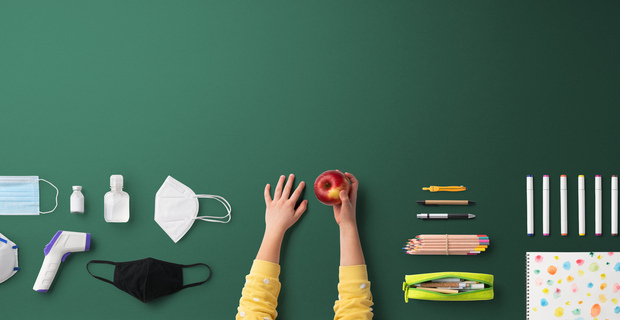Kids & Families
Back-to-school germs: How to build a sick-day game plan
Back-to-school means back to germs. Learn how to prep for inevitable sick days with smart strategies to prevent illness and manage symptoms when they show up.

Kids & Families
Back-to-school means back to germs. Learn how to prep for inevitable sick days with smart strategies to prevent illness and manage symptoms when they show up.